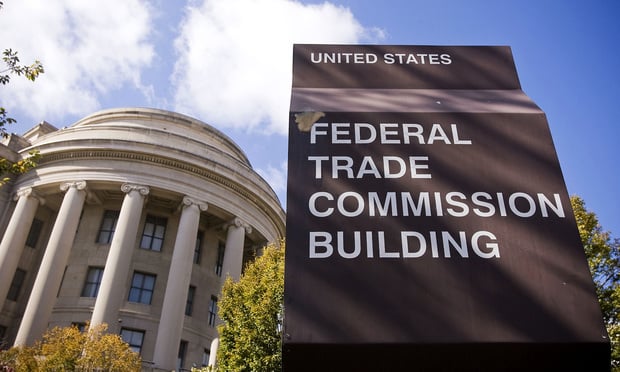WASHINGTON — To the U.S. technology industry, there's a dramatic shortfall in the number of Americans skilled in computer programming and engineering that is hampering business. To unions and some Democrats, it's more sinister: The push by Facebook's Mark Zuckerberg to expand the number of visas for high-tech foreign workers is an attempt to dilute a lucrative job market with cheap, indentured labor.
The answer is somewhere in between, depending as much on new technologies and the U.S. education system's ability to keep up as on the immigration law itself. But the sliver of computer-related jobs inside the U.S. that might be designated for foreigners — fewer than 200,000 out of 6 million — has been enough to strain a bipartisan deal in the Senate on immigration reform, showcase the power of big labor and splinter a once-chummy group of elite tech leaders hoping to make inroads in Washington.
"A lot of people agree that employers should have access to (highly trained) immigrants — that they are a benefit to the country, and we are a country of immigrants," said B. Lindsay Lowell, director of policy studies at Georgetown University's Institute for the Study of International Migration. "I think the question is how much of a good thing is good."
The Senate immigration bill — the result of months of quiet negotiations among eight influential senators — is on track to nearly double the number of highly skilled foreign workers allowed to work in the U.S. under what's called an H-1B visa, from 65,000 to 110,000. The number of visas could climb as high as 180,000 depending on the number of applications received and the unemployment rate.
Complete your profile to continue reading and get FREE access to BenefitsPRO, part of your ALM digital membership.
Your access to unlimited BenefitsPRO content isn’t changing.
Once you are an ALM digital member, you’ll receive:
- Critical BenefitsPRO information including cutting edge post-reform success strategies, access to educational webcasts and videos, resources from industry leaders, and informative Newsletters.
- Exclusive discounts on ALM, BenefitsPRO magazine and BenefitsPRO.com events
- Access to other award-winning ALM websites including ThinkAdvisor.com and Law.com
Already have an account? Sign In
© 2024 ALM Global, LLC, All Rights Reserved. Request academic re-use from www.copyright.com. All other uses, submit a request to [email protected]. For more information visit Asset & Logo Licensing.








